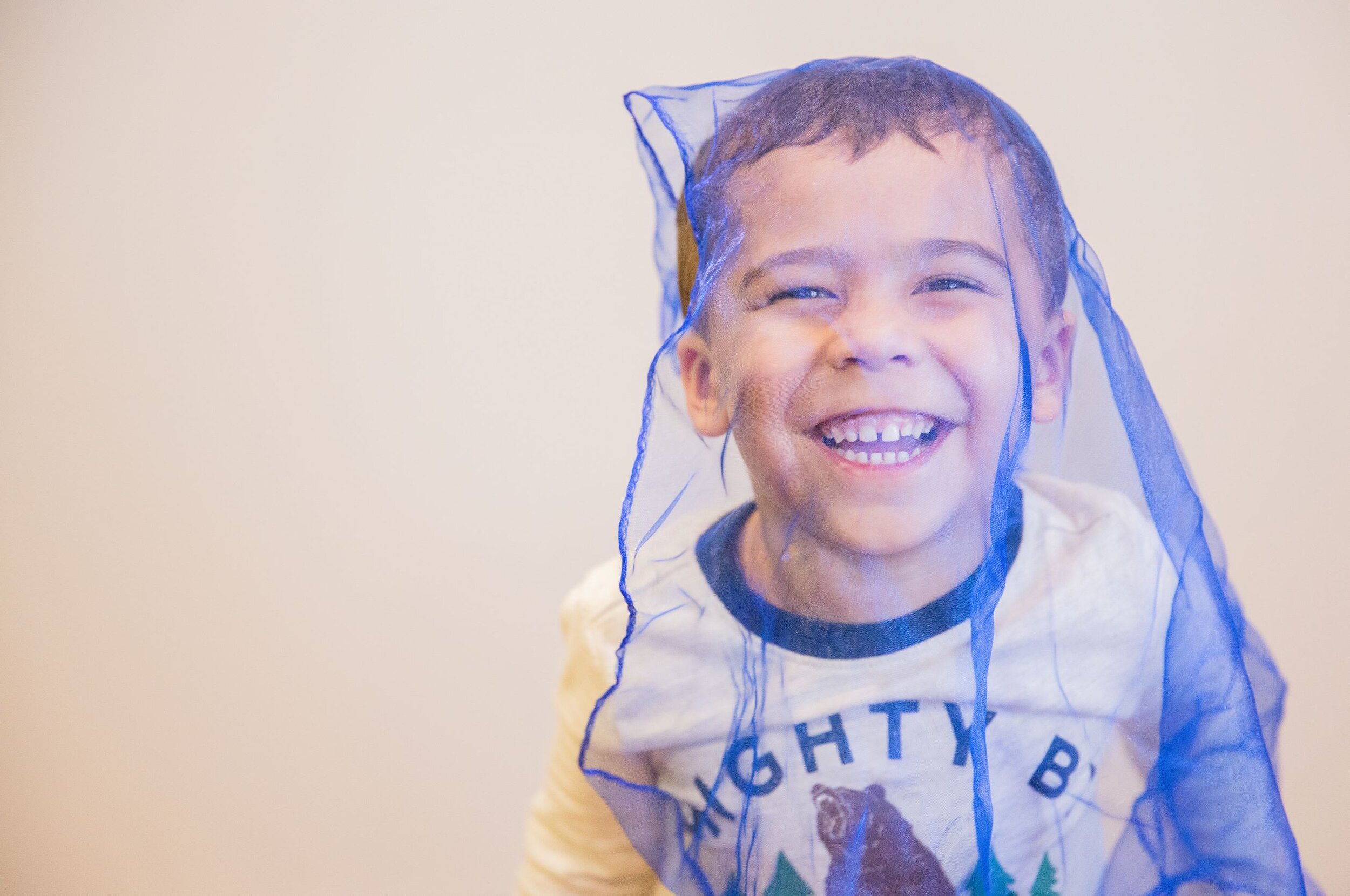
Pediatric Occupational Therapy: Empowering Children's Development and Independence
Pediatric occupational therapy focuses on helping children develop the skills they need to grow into functional, independent adults. This therapy is particularly beneficial for children who face challenges with everyday tasks due to physical, sensory, or cognitive disabilities.
The key aspects of pediatric occupational therapy include:
Skill Development: It focuses on enhancing a child's ability to perform tasks such as dressing, feeding, and grooming. These are known as activities of daily living (ADLs). (Learn more about ADLs and Occupational Therapy)
Sensory Integration: Many children in occupational therapy have sensory processing disorders. Therapists help them learn to process and respond to sensory stimuli in their environment in a more adaptive manner. (Learn more about sensory integration therapy at Little Land)
Motor Skills Enhancement: This involves improving both fine motor skills (like writing and cutting with scissors) and gross motor skills (like walking and jumping).
Cognitive Skill Building: Occupational therapy assists children in developing problem-solving, decision-making, and memory skills which are crucial for their academic and everyday functioning. (Learn more about cognitive skill building)
Social Skills Development: Therapists often work on improving a child’s ability to interact with peers and adults, fostering better social relationships and communication skills.
Adaptive Strategies: Occupational therapists provide strategies to modify a child's environment or teaching new ways to accomplish tasks to make daily activities easier and more successful.
Parent and Teacher Support: Therapists also work closely with parents and teachers to provide insights and strategies for supporting the child’s development at home and in school.
The goal of pediatric occupational therapy is not just to improve the physical abilities of a child but also to boost their self-esteem and sense of accomplishment. This holistic approach enables children to enjoy and participate fully in their daily activities, enhancing their overall quality of life.
